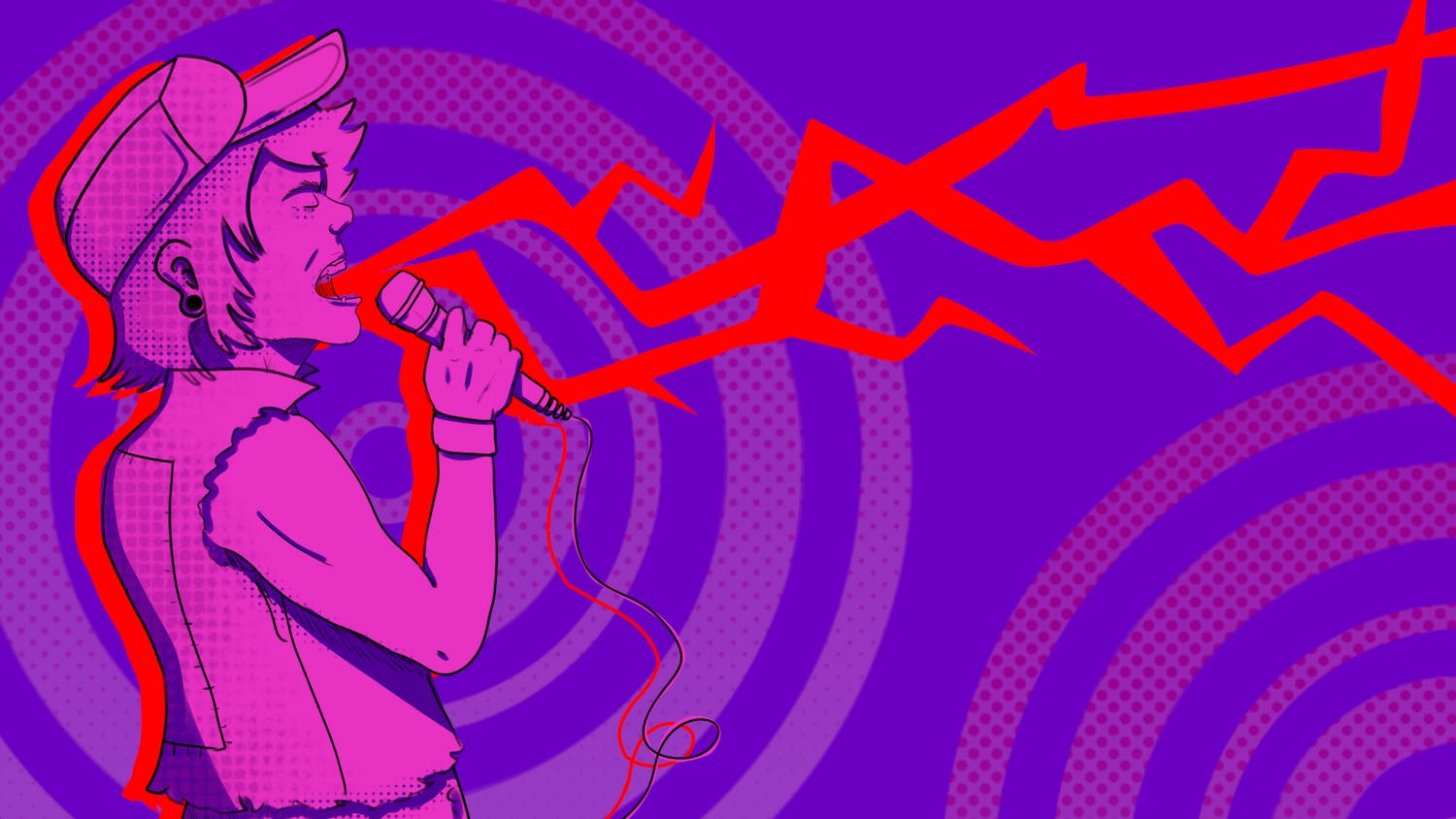Scrolling through my news feeds on social media, my gaze invariably catches on some form of inspiration porn, most of which I don’t find particularly inspiring.
Inspiration porn, a term coined by disability activist Stella Young, refers to images that paint the successes of people with disabilities as “inspirational” because of their disabilities, rather than the achievements themselves.
These images depict what we generally consider ordinary experiences, like getting a job or finding a date to prom, as the exception for people with disabilities — a troubling representation that reinforces the boundaries of perceived limitations.
This isn’t to say that we shouldn’t celebrate the accomplishments of the disabled, but we should exercise caution in our rhetoric to avoid feel-good messages that trivialize the experience of having a disability.
Ableism is not even a word according to spell-check, but the concept behind the word is a reality, particularly in the workplace.
This month heralds the hashtag #InclusionWorks in celebration of Disability Employment Awareness Month. But, in an inspiration-porn-laden society, we need to reconsider our definition of inclusion and reexamine its presence in the workplace.
The Americans with Disabilities Act, passed in 1990, added disability status to the fine print of equal opportunity policies. The act mandates that employers provide “reasonable accommodations” for employees with disabilities.
Inspiration porn would have us believe that disparities in employment have disappeared in recent years since the passage of the ADA. Videos of restaurant hosts with Down syndrome or snapshots of models with cerebral palsy provide digital evidence of equal employment.
The irony is that these images of employment success go viral because such employment opportunities remain the exception rather than the norm.
Data from the Bureau of Labor Statistics indicates that the unemployment rate for people with disabilities remains nearly double that for the population at large. This figure takes into account those not in the labor force and excludes them from the statistic.
While it’s simple to assert that employers should be more open to hiring people with disabilities, discrimination in hiring practices is generally not a cut-and-dry issue.
Disparities in educational attainment and employment history factor into the hiring process, and employers are unlikely to hire someone with fewer tangible qualifications than another more experienced applicant.
Employers should recognize qualification gaps often reflect differences in past opportunities rather than a lack of capability or potential.
It is likewise important not to generalize based on “diagnosis.” If someone has an extra chromosome, it doesn’t make her identical to everyone else with 47 chromosomes, just like everyone with 46 chromosomes is not the same.
Making generalizations, like “People with Down syndrome struggle with...” or “Those with autism...” reduces a person’s complex combination of capabilities to a single pathologized identity.
Instead, businesses need to create a supportive work environment in which coworkers and employers alike understand individuals’ specific strengths, whether they have disabilities or not.
When we see inspiration porn, we should be inspired to work for these systemic changes, so that the so-called “inspirational” situations no longer appear exceptional.
#InclusionWorks only works when we work for it.
kmilvert@indiana.edu





